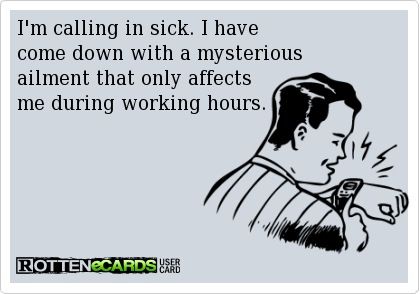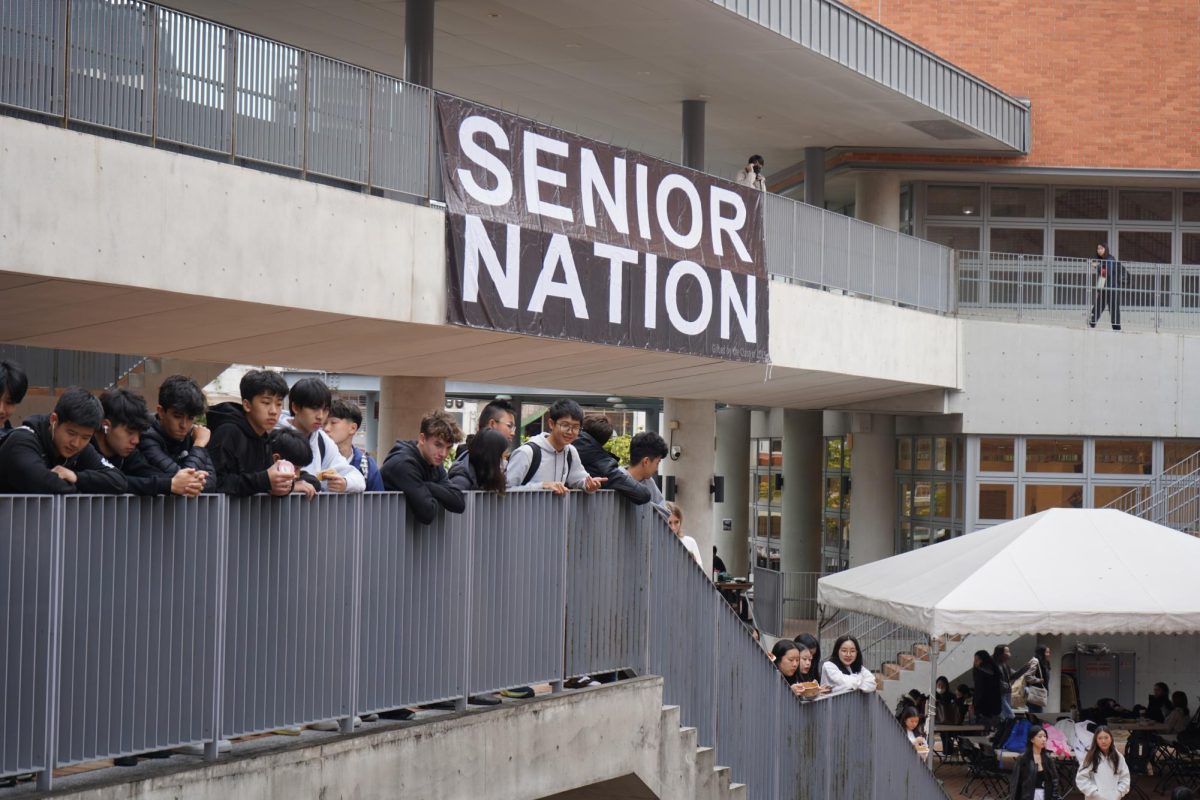You have a first period Honors Biology test tomorrow. We all know it won’t be easy—for everyone—even if you’ve paid attention all unit long and taken good notes and studied for a reasonable amount of hours. You’re already expecting to stay up all night reviewing obscure diagrams of light dependent and independent systems of photosynthesis—ugh.
There is, of course, another option: to get Mom to call in sick for you so you can skip first period and have a bit more time to study. After all, teachers are always going on about how TAS students don’t get healthy amounts of sleep—so really you’d just be seeking “health first.”
Yeah, nope. As harmless as it seems when you’re tired and unwilling to study, the faked absence is just one of many subtleties that make up the cheating culture at TAS.
Here, students are less likely to resort to old-school cheating methods, such as notes scrawled onto left hands, notorious “wandering eyes” at neighbors’ scantrons, or hidden cheat sheets. Instead, we fake absences, share test questions and necessary formulas, skip school the day before a big cram-worthy test, and so on.
Maybe one absence might slip by unnoticed, but absences are quite obvious once they fall into a pattern. Upper School English teacher Mr. Montgomery shared his experience with this form of cheating: “I once had a student who was absent for 4 consecutive assessments and those were the only 4 classes that that person missed.” Even just in this current semester, he has seen a suspicious trend in attendance: “I have had about as many kids absent the past 2 days (assessment days) as all the days combined since Winter Break (previous 12 days of class).”
Another issue teachers face with cheating results in the familiar concept of “A day tests” and “B day tests.” Commonly, by word of mouth, students share information about what is covered on a test between days, and usually even between periods.
Teachers frequently remind students not to share this information for two reasons. For one, it obviously only hurts the students who share because the students going into the test with preconceived knowledge have an unfair advantage, also preventing an accurate curve and bringing down the first students’ grades while boosting the following students’ grades. Secondly, the entire act of doing so isn’t morally just.
Mr. Montgomery said, “I think that cutting corners in this aspect of life dangerously sets a precedent for cutting corners in other aspects of life—personal, professional, whatever.” Getting into a routine of thinking this is acceptable slowly skews the idea of how to properly achieve something.
He said, “My perception would be that on average the interest here seems to be more in the result than the process in a lot of ways. ‘What’s my grade’ as opposed to ‘what I learned.’ That lends itself, I think, to cheating in the sense that it doesn’t matter how you get there as long as you don’t get caught.”
The root cause for such a widespread cheating culture at TAS is that we avoid coming to terms with the fact that these little things are what the scary term “cheating” is. The idea that cheating indirectly isn’t such a big deal combined with the pressures we face daily to succeed academically (theoretically, leading to success in life) make cheating a popular option.
TJ K. (11), Honor Committee member, said, “I believe all types of cheating—no matter how big or small—is wrong and unfair. Cheating itself brings down one’s character and goes against the TAS values. If certain students choose to take shortcuts through inappropriate actions, it would be extremely unfair for students that did not take shortcuts.”
Mr. Uhlman said, “If a student is absent for a test or a quiz, my first thought is to take that at face-value—that they’re sick and I hope they feel better soon. But it is a pattern, and it’s something that all teachers learn pretty early on in their career. They basically look for patterns—if they see that someone is consistently absent for quizzes and tests then that’s an individual case that teachers work on with the counseling office, with the vice principals, with the student’s parents to help make sure that pattern doesn’t continue.”
Take it from a senior who’s been on both sides of the table: David W. (12) said, “I used to cheat a lot in middle school, but when I got to high school, I wanted to do everything myself. Even though I don’t have the best GPA, it’s what I earned and what I deserve.”
So—yes, that Honors Biology test will be hard. But skipping the class period or trying to get insider knowledge from someone who took the test a day before shouldn’t be your solution. Even if it helps your test grade by a few percent, that grade only reflects the cheating you resorted to rather than any ability of yours. Just take the test—truthfully.




![[PHOTO COURTESY OF PIXABAY]](https://blueandgoldonline.org/wp-content/uploads/2025/03/white-18227_1280-1200x803.jpg)

![[PHOTO COURTESY OF PIXABAY]](https://blueandgoldonline.org/wp-content/uploads/2025/03/fire-6706674_1280-1200x800.jpg)

![A myriad of impressive trophies and awards. [ANNABELLE HSU/THE BLUE & GOLD]](https://blueandgoldonline.org/wp-content/uploads/2025/09/Awards2-1200x512.jpeg)
![Students' calendars say goodbye to exam week. [ANNABELLE HSU/THE BLUE & GOLD]](https://blueandgoldonline.org/wp-content/uploads/2025/09/Exam-week-1200x740.jpg)
![A collection of college flags. [PHOTO COURTESY OF AMBER HU ('27)]](https://blueandgoldonline.org/wp-content/uploads/2025/05/IMG_5029-1200x577.jpeg)

![An SAT word cloud. [PHOTO COURTESY OF WORDCLOUDS]](https://blueandgoldonline.org/wp-content/uploads/2025/05/SAT.jpeg)
![Collage of banned books, including “The Handmaid’s Tale” by Margaret Atwood. [MINSUN KIM/ THE BLUE & GOLD]](https://blueandgoldonline.org/wp-content/uploads/2025/04/IMG_4274-1200x681.jpeg)
JimmBell • Sep 2, 2016 at 8:03 pm
This is a common problem – and it has been for ages. Students always sabotaged studying process and it was well known by the society. But what has to be said is that today school cheating increased enormously among students. They have their gadgets and they can find anything in the web. Survey has shown (link – http://pay4homework.com/cheating-in-education-numbers-and-tendencies-infographics/) that amongst twelve thousands of high school students about 63% are cheating at exams. The numbers are huge. And they continue to grow.